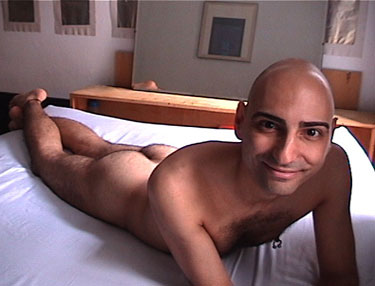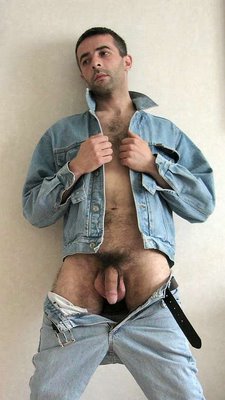 UNITED KINGDOM - BBC presenters such as Anne Robinson and Jeremy Clarkson have been criticised in a report for perpetuating negative attitudes towards lesbians and gay men.
UNITED KINGDOM - BBC presenters such as Anne Robinson and Jeremy Clarkson have been criticised in a report for perpetuating negative attitudes towards lesbians and gay men.The report, by charity Stonewall, concluded that gay people were “almost invisible” on BBC1 and BBC2.
It said lesbian and gay lives featured in 38 minutes of the 168 hours it monitored.
That included 32 minutes of derogatory or offensive references and only six minutes of positive portrayals.
Robinson came in for criticism for repeatedly using gay innuendo to belittle a contestant on The Weakest Link – Celebrity Chefs.
The presenter, who previously got into trouble for joking about the Welsh, asked a contestant: “What do you do in your restaurant? Just mince around?” and “Is Reza more puff than pastry?”.
She added: “Reza, before you go, and bear in mind that this is a family show, what’s the strangest thing you’ve ever put in your mouth?”
Examples of negative portrayals also included a joke on The Lenny Henry Show, accompanied by a limp-wristed gesture, about a man being arrested for being gay and let off by a gay judge.
The report said it was not unusual to hear Top Gear presenter Clarkson unfavourably describing cars as gay, and also criticised Ally McCoist on A Question Of Sport, who featured in a montage of clips of sportsmen kissing.
Afterwards, the report said, McCoist “was quick to point out that he was not instigating the kiss, in other words, that he is not gay”.
The report concluded: “The BBC rarely challenges homophobia and consistently allows its presenters to perpetuate negative attitudes towards lesbians and gay men and gay sexuality.”
Focus group participants singled out the BBC as the least successful broadcaster at capturing the realities of gay lives, with one interviewee calling it a “caveman” compared with Channel 4.
The report, Tuned Out, carried out with researchers from the University of Leeds, found that 51% of all individual references to gay people on the BBC were in the form of jokes.

Lesbians hardly feature in BBC programming at all, according to the study, and viewers believe that lesbian sex was only ever shown on TV to titillate heterosexual male fantasies.
The report said the “phenomenon” of “an acceptable or palatable form of pseudo-lesbianism” was illustrated by BBC2’s Top Gear.
Clarkson used lesbian sexual fantasies as a metaphor to describe his enthusiasm for a car, saying: “Now this, for me, when I was little, was, kind of, Jordan and Cameron Diaz in a bath together”.
Viewers also criticised the BBC for allowing Radio 1 breakfast DJ Chris Moyles to make regular homophobic comments.
The report said that gay sexuality was frequently used as an insult, and gay innuendo was broadcast across a wide range of programmes.
It said the BBC relied heavily on cliched stereotypes of sexually predatory or camp and effeminate gay men, citing the character Shane in BBC1 series Cutting It.
The corporation “seems reluctant to present lesbian and gay people in everyday scenarios such as stable relationships or family life”, it added.
The study asserted that lesbian and gay issues were rarely tackled or mentioned in factual programmes.
Viewers in focus groups said that gay characters were rarely developed in BBC soap operas, and that their sexuality completely defined their role.
Once their “coming out” or sexually-orientated storylines were over, they were commonly written out, the report said.
Stonewall said gay men and lesbians pay an estimated £190 million a year to the BBC in TV licence fees.
from IC Wales
No comments:
Post a Comment